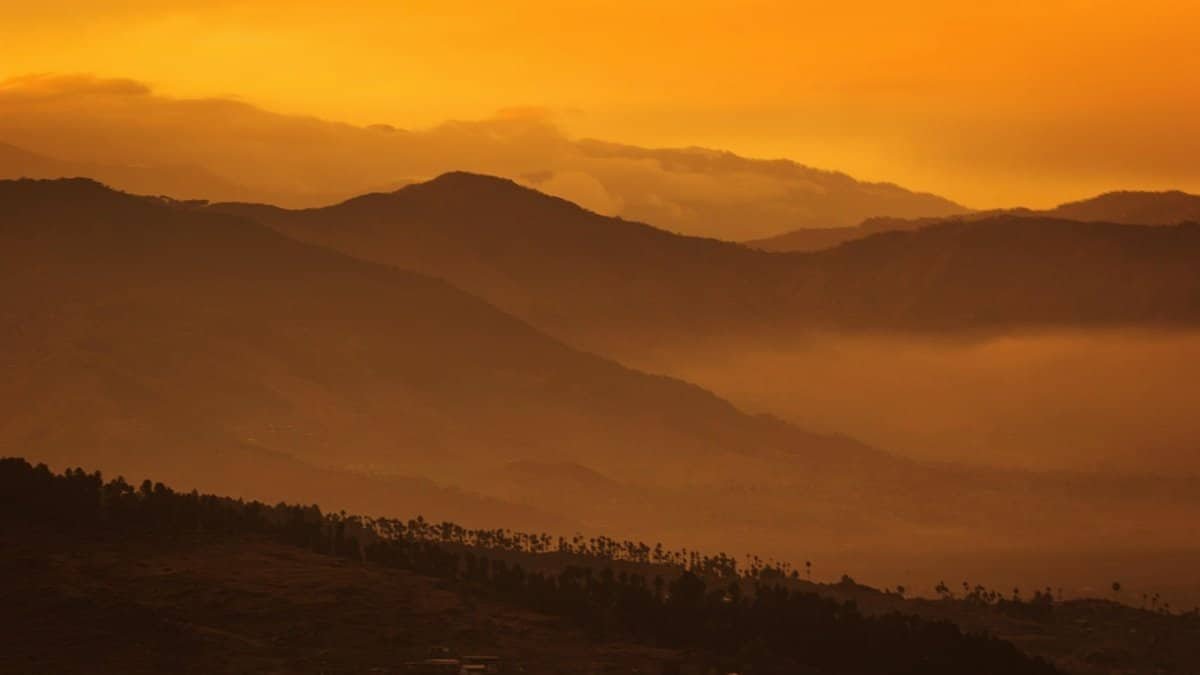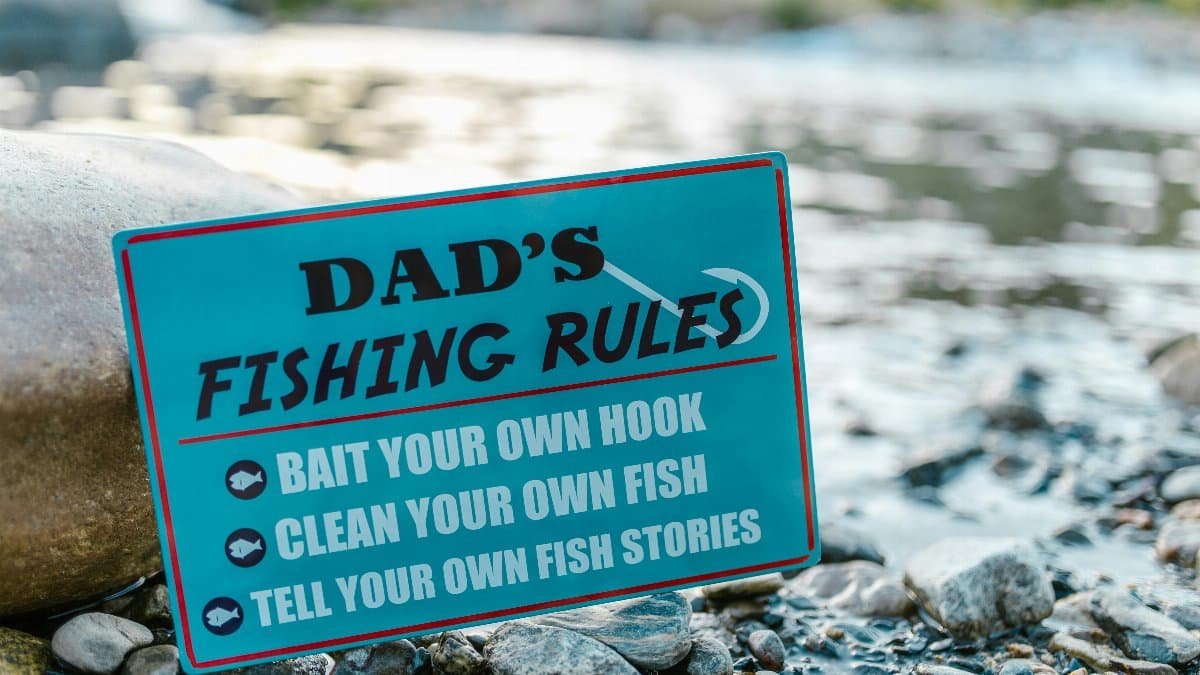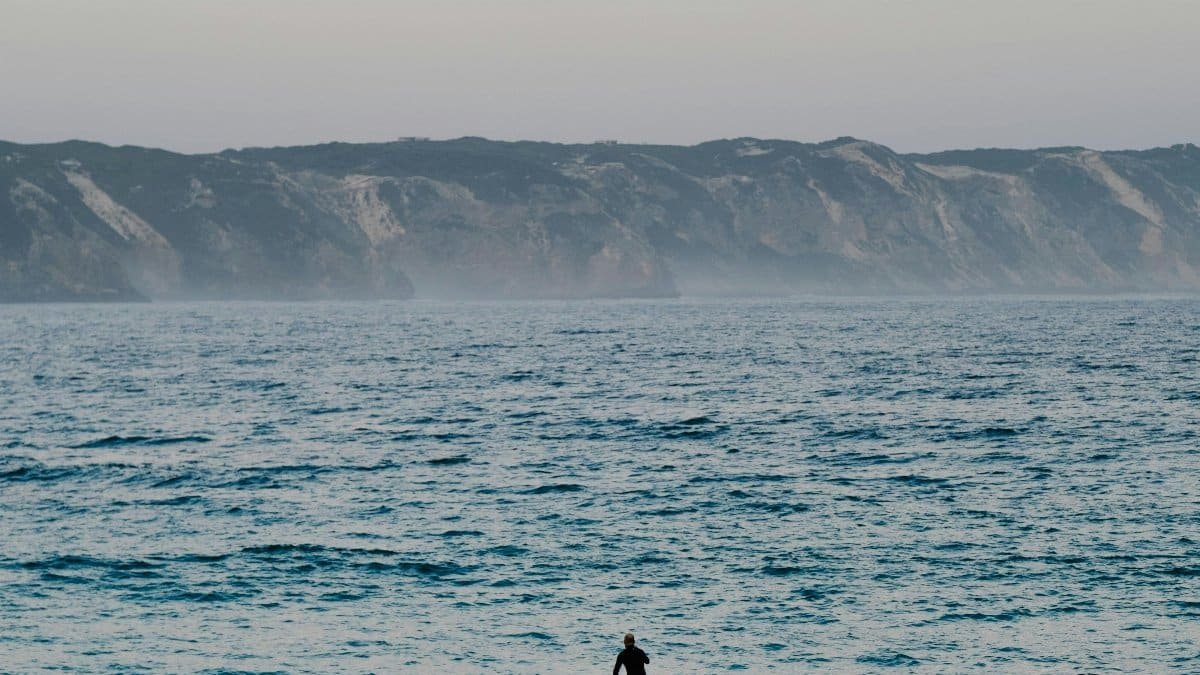Last weekend, someone stood at the edge of a dense forest, just outside the city. Their phone buzzed in their pocket, but they ignored it. For the first time in ages, they were there to disconnect and simply be. This was their chance to experience nature immersion for stress relief, a concept that has been gaining traction across the U.S. as more people look to nature to soothe their frayed nerves. It’s kinda refreshing, you see, to step away from the hustle and bustle, maybe even a bit liberating.
Rediscovering the Outdoors

The pandemic reshaped how many of us view our surroundings. Suddenly, parks and hiking trails became essential refuges. According to a 2021 survey by the National Recreation and Park Association, there was a notable uptick in park visits, with many Americans rediscovering the joys of outdoor exploration. Now, in 2025, the trend seems here to stay. Hard to say, but it feels like we’re all craving a bit more green in our lives. Maybe it’s the fresh air, or perhaps it’s the chance to slow down. Either way, it’s clear that nature has a pull on us. And hey, this NRPA link nails it, showing just how much we’ve turned to nature for solace.
The Science Behind Nature’s Healing

It’s not just anecdotal. Research from Harvard University shows that spending time in natural environments can lower cortisol levels and blood pressure. The Japanese practice of “forest bathing,” or shinrin-yoku, has been clinically proven to reduce stress. In a world where digital distractions are incessant, nature immersion offers a tangible form of stress relief. Maybe it’s the calm of the trees, or the soft rustle of leaves. It’s kinda like nature whispers, “Take a break, you deserve it.” And if you dig into this Harvard Health article, you’ll see just how much science backs up this feeling.
The Urban Nature Movement

City dwellers aren’t left out. Urban nature movements are transforming rooftops and vacant lots into green spaces. Take New York City’s High Line, for instance – an oasis built on an old railway track. It’s a testament to how urban environments can creatively incorporate nature, providing stress relief to those who may not have easy access to the countryside. It’s pretty cool, right? Imagine sipping coffee on a rooftop garden, or maybe taking a stroll through a park where a parking lot used to be. This High Line link shows just how transformative these spaces can be.
Personal Stories from the Wilderness

On a recent trip to the Adirondacks, someone met a woman named Lisa. She was sitting by a lake, eyes closed, breathing in the crisp air. “I come here whenever I feel overwhelmed,” she told them. “It’s like hitting a reset button.” Her story mirrored many others they heard that weekend, each emphasizing the profound impact of nature immersion on stress relief. And then there was Alex, who shared his own tale. Alex, a busy lawyer, found solace in the mountains. “After a week of non-stop meetings, I drive up here,” he said. “The silence, the trees, it’s like they wash away the stress.” His story, like Lisa’s, shows how nature can be a sanctuary. Maybe it’s the quiet, or perhaps it’s the vastness that helps us put things into perspective.
The Rise of Tech Sabbaths

In 2025, the concept of a “Tech Sabbath” has emerged in places like Silicon Valley. People unplug from their devices for a day each week, choosing instead to engage with the natural world. This shift highlights a growing recognition of the need for balance in our tech-saturated lives, with nature playing a crucial role in stress relief. It’s kinda ironic, isn’t it? The tech hubs are now promoting a day without tech. Hard to say, but it feels like we’re all searching for that balance. And this Psychology Today article dives into how a Tech Sabbath can really rejuvenate us.
Creating Your Own Nature Retreat

You don’t need to venture far to experience the benefits of nature immersion. A simple walk in a local park or even tending to a garden can work wonders. The key is to be mindful and present, allowing nature’s tranquility to wash over you, providing a much-needed respite from daily pressures. Maybe it’s the smell of fresh grass, or the sound of birds. It’s kinda like nature gives us a gentle nudge to slow down. And hey, if you want some tips on how to make the most of your nature retreat, check out this Mayo Clinic guide. It’s all about being present and letting go.
Community Initiatives Making a Difference

Community gardens and local hiking groups have surged in popularity. They offer not just an escape into nature, but also a sense of belonging and shared purpose. Whether it’s planting vegetables or organizing clean-up events, these initiatives foster a collective embrace of nature for stress relief. It’s pretty amazing to see communities come together like this. Maybe it’s the shared goal, or perhaps it’s the joy of seeing a garden grow. Either way, it’s clear that these initiatives are making a difference. And if you’re curious about how these community efforts are making waves, this American Gardening link has some inspiring stories.
Debunking Common Myths

Some argue that nature immersion is no different from any other leisure activity. However, studies consistently show that being in nature has unique psychological benefits. It’s not just about escaping the urban hustle; it’s about connecting with something bigger and more enduring. Hard to say, but it feels like there’s a deeper connection at play. Maybe it’s the vastness of the landscape, or perhaps it’s the sense of peace. Either way, nature has a way of grounding us. And if you want to dive deeper into the science behind this, this NCBI study lays it all out.
The Future of Nature Therapy

As our understanding of mental health deepens, nature therapy is likely to become an integral part of wellness programs. Employers are beginning to see the value of nature retreats for employee wellbeing, recognizing that stress relief through nature immersion can lead to more productive and happier workers. It’s kinda exciting to think about the future of work and wellness. Maybe it’s the fresh air, or perhaps it’s the break from screens. Either way, it’s clear that nature has a role to play. And if you’re interested in how companies are embracing this, this Forbes article has some great insights.
Conclusion: Nature’s Quiet Invitation

As someone left the forest that day, they felt lighter, more centered. Nature had worked its quiet magic once again. In a world that’s often overwhelming, perhaps the answer lies in simply stepping outside. Nature immersion offers a gentle, yet powerful form of stress relief, one that invites us to pause, breathe, and reconnect with the world around us. It’s kinda like nature whispers, “Take a moment, you’re worth it.” Hard to say, but it feels like a gentle nudge towards a more balanced life.
Related Post: 8 Mindfulness Festivals in the US You Can’t Miss This Year
